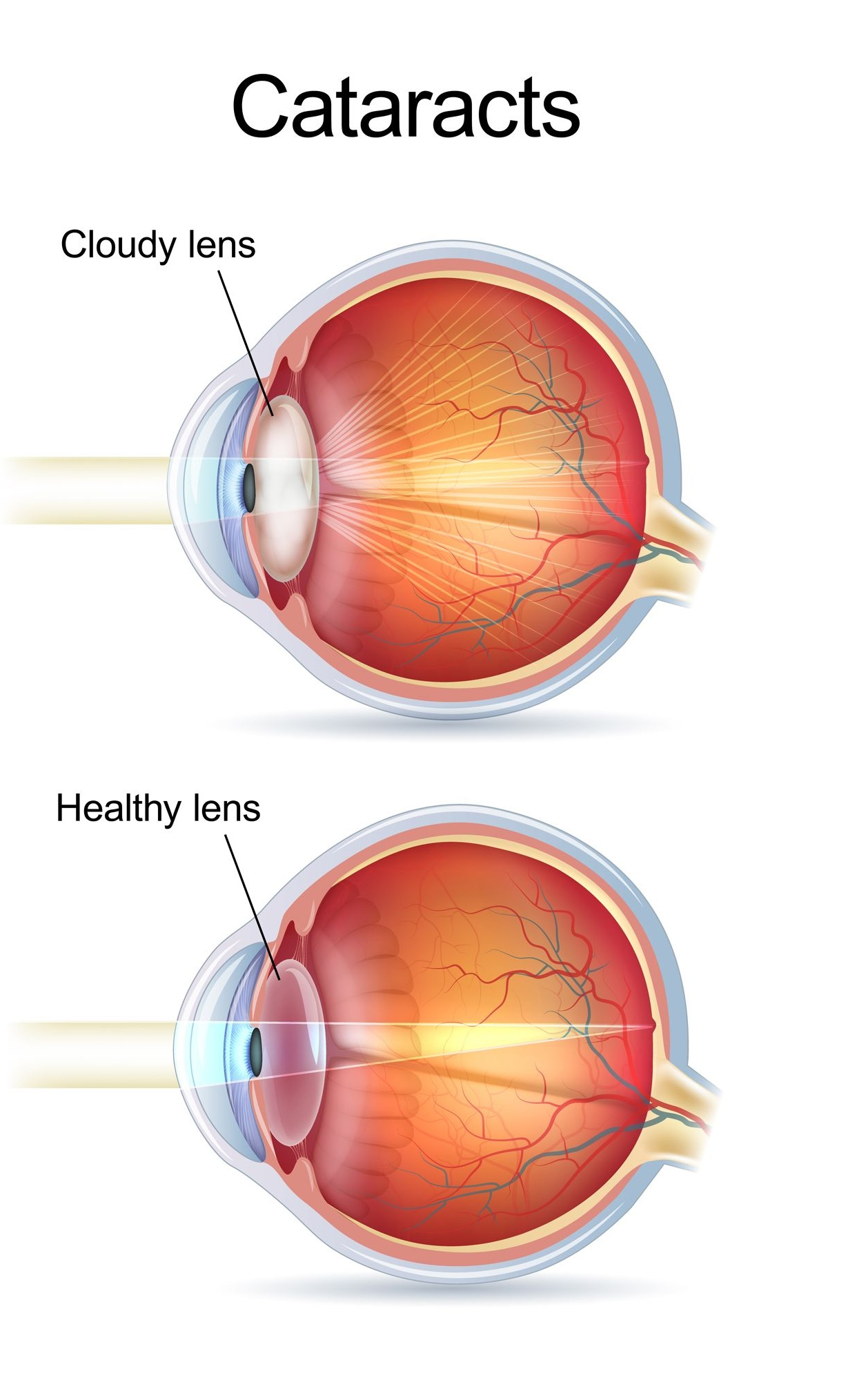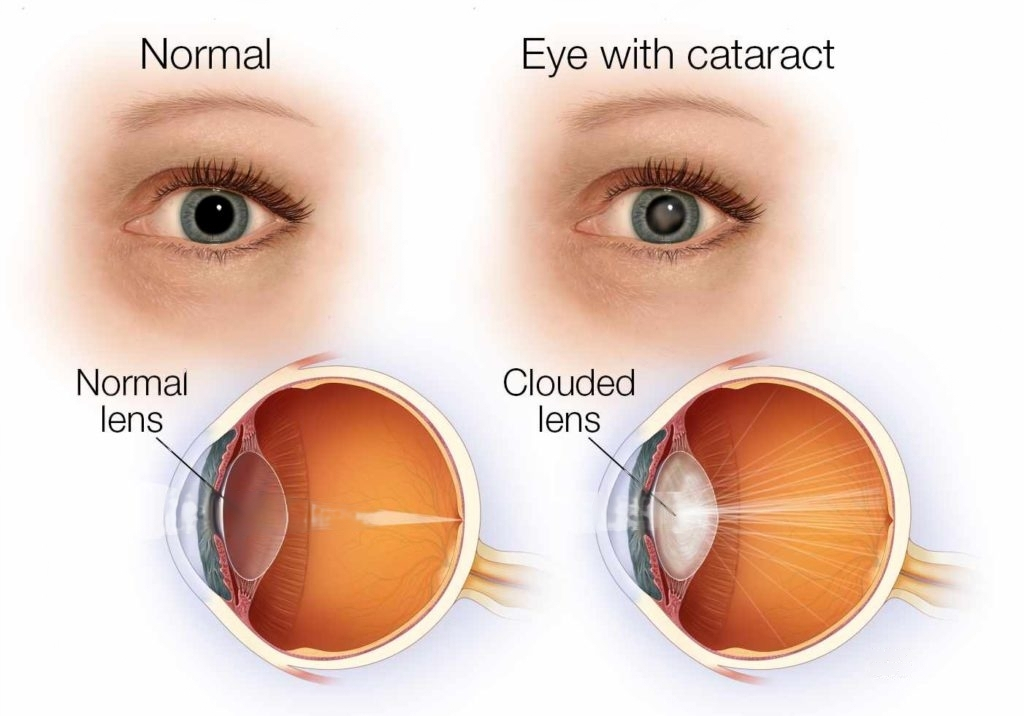What are Cataracts?


The Future of Cataract Surgery and the Journey to Restore Clear Vision
What is a Cataract?
A cataract is a clouding of the eye's lens, the structure responsible for focusing light onto the retina. This clouding gradually diminishes your sight, affecting your ability to see colors vibrantly, read comfortably, and navigate everyday activities. While age is the most common risk factor, cataracts can also develop due to injuries, medical conditions, or even certain medications.
Do I have Cataracts?
Cataracts are incredibly common, especially as we age. In fact cataract surgery is the #1 surgery performed worldwide due to how common cataracts are. Over half of all Canadians over 80 will either have cataracts or have undergone surgery to remove them. While less prevalent in younger individuals, they can occur at any age.
What Causes Cataracts?
Several factors are known to contribute to their development:
- 1. Age: The most significant risk factor for cataracts is aging. As we age, the proteins in the lens of the eye can break down and clump together, causing the lens to become cloudy. This clouding interferes with the passage of light, leading to blurry vision.
- 2. Genetics: Some people are genetically predisposed to developing cataracts at a younger age.
- 3. Sun exposure: Ultraviolet (UV) rays from the sun are believed to damage the proteins in the lens, contributing to cataract formation. Wearing sunglasses that block UV rays can help to protect your eyes.
- 4. Medical conditions: Certain medical conditions, such as diabetes, can increase the risk of developing cataracts.
- 5. Medications: Long-term use of certain medications, such as corticosteroids, can also increase the risk of cataracts.
- 6. Eye injuries: Injuries to the eye, even minor ones, can increase the risk of cataracts later in life.
- 7. Smoking: Smokers are more likely to develop cataracts than non-smokers.
- 8. Other factors: Excessive alcohol consumption, obesity, and a diet low in antioxidants may also contribute to cataract development, although the evidence is less conclusive.
It's important to note that not everyone who experiences these risk factors will develop cataracts. However, being aware of these factors and maintaining healthy lifestyle habits, including regular eye exams, can help to reduce the risk.
Cataract Surgery Co-managment at G&G Eye Doctors
Forget standardized procedures. We break down each step, addressing everything from anesthesia choices to recovery plans. No question is off-limits.
But it doesn't stop there. We understand the impact on your daily life. That's why we discuss how the surgery affects your glasses prescription and introduce innovative lens options that could free you from glasses altogether. Imagine waking up to a world in vibrant clarity, without the hassle.
At G&G, it's your vision, your choice. We provide the knowledge, expertise, and personalized care to guide you every step of the way. Schedule your consultation today and see the difference collaboration can make.